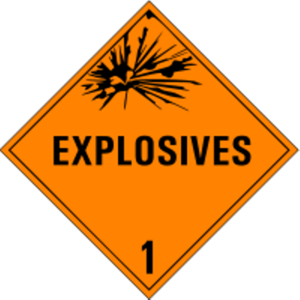As a security profesional I believe it's essential that we maintain
security awareness and an understanding of the threats we face. Education often isn't cheap and the reality is that for many employers funding for training and education is very limited.
Fortunately, we're entering into the holiday season, which is a time of giving, and what I'm giving you are 25 security awareness courses and videos that are publicly available. Okay - maybe not the most exciting gift, but it fits the budget.
I will publish a series of five posts and each post will have links to five training resources. The security awareness courses may be completed online (or on CD-ROM) and are provided without cost to you. This study program is designed to provide you with a broad security awareness. There will be overlap in training that will help you to build depth of knowledge and to emphasize important areas. I emphasize "broad". The material covers many of the domains within security, some of it IT Security, and some of the material may seem a bit Rambo'esque or even doom-and-gloom.
There are several separate agencies and organizations that are offering the courses. Certificates of training can be printed following completion of the courses. You can enroll in any individual course, or if you're more highly motivated, aim for completing all of them. Personally, I believe that anyone who completes all of the courses will become a much more valuable security asset to their employer as well as their community.
Bring out the leftover turkey, stuffing and cranberry sauce ... it's time to cram in some free security awareness classes!
- Phishing Awareness (Defense Information Systems Agency - US DoD)
- Personally Identifiable Information (PII) (Defense Information Systems Agency - US DoD)
- Security & Privacy Awareness Training (National Institute of Health Information)
- Information Assurance Awareness (Defense Information Systems Agency - US DoD)
- Information Assurance Awareness shorts (Defense Information Systems Agency - US DoD)













